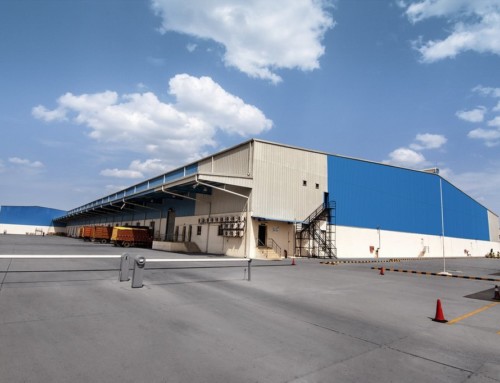
The effect of loss and gain of water in plants respectively. Image credit slideshare.net
ZIMSEC O Level Combined Science Notes:Water and ion uptake in plants
- When plant cells are surrounded by water, the water enters by osmosis until the cells are full of water.
- The water enters the plants because there is relatively more water outside the cells than within.
- These plant cells are surrounded by a strong cellulose cell wall that prevents them from bursting.

Plamolysed (flaccid) vs turgid cell with arrows showing the direction of water diffusion. Image credit kshitij-pmt.com
- When cells are full of water they are said to be turgid.
- If plan cells are placed in a strong sugar/salt solution they lose water via osmosis.
- Plasmolysis is the movement of water out of the cells.
- Plasmolysis occurs because there is relatively more water outside the cells than within the cells.
- When water moves out of the cells they become soft as the cell walls sag in.
- When this occurs the cells are said to be flaccid.
- Plants gain water continuously by osmosis through microscopic root hairs if there is enough water in the soil.
- Water will only enter the plants if there is a higher concentration outside the roots than on the inside.
- Dissolved minerals enter into plants at the same time as water.
- The minerals are in the form of ions.
- Ions are charged particles.
- These ions are absorbed actively i.e. energy inside the roots is used to pull the ions.
- This is because the ion in the soil are in lower concentrations which means they cannot be taken up via osmosis.
- The ions that would otherwise enter the plant by diffusion would be insufficient to sustain the plant.
- The ions are thus absorbed via active uptake against the diffusion gradient.
- The minerals and water enter the plants via the roots and move up to all parts of the plant.
To access more topics go to the Combined Science Notes page.







